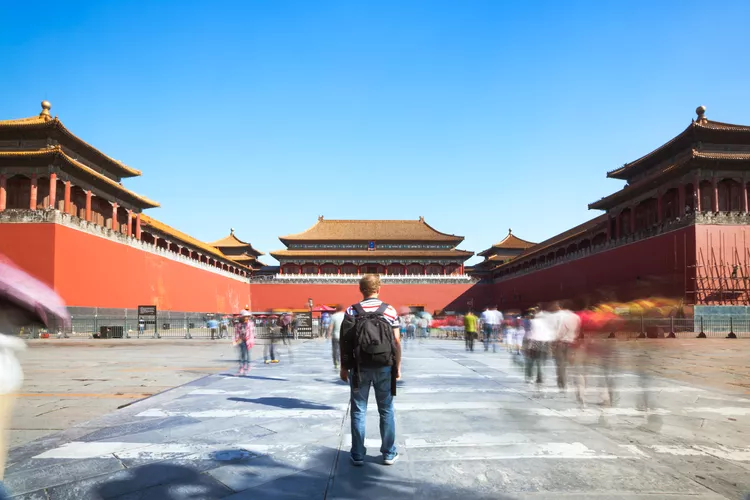Noise Pollution in China: What Travelers Should Know
A symphony of sound, a cacophony of life, or a constant assault on the senses For many travelers, the unique auditory experience of China is a topic of both fascination and frustration. We’ve spent years exploring this incredible country, and we’ve learned that understanding and navigating the noise pollution in China is key to a successful trip. It’s not just about a sound; it’s about a cultural soundscape that tells a deeper story.
What you might perceive as chaos is often a vibrant, energetic rhythm. It’s an immersive part of the journey. In this in-depth guide, we’ll give you a comprehensive look at what to expect. We’ll share our own experiences and provide practical tips. You’ll learn to prepare for the noise and even embrace it. Our goal is to make sure you’re not just a tourist. We want you to be a savvy traveler, one who can hear the heartbeat of China.
Table of Contents
The Sound of China A Cultural Immersion

China’s cities are alive with sound. It’s a key part of the experience. We often think of noise as a problem to be solved. In China, it’s often a sign of life. A bustling city is a healthy city. Loud conversations are a sign of closeness. We have found this viewpoint to be very helpful. It helps us avoid frustration. It allows us to appreciate the country more.
Think about the traditional “hutongs” in Beijing. They are filled with chatter. You hear the clanging of woks. You hear the cries of street vendors. It’s a sensory feast.
This is the essence of renao. It’s a Chinese concept. It means “lively and bustling.” It’s a positive word. It describes a scene full of noise and excitement. For many, a quiet place feels empty or sad. So, they create noise. It makes them feel alive and connected.
The sounds also reflect China’s rapid development. Construction noise is everywhere. It shows new buildings rising. It shows a country moving forward at top speed. It’s the sound of progress. Once you reframe your perspective, the noise becomes less of a burden. It becomes an integral part of your adventure. You are witnessing a nation building its future.
What Kinds of Noise to Expect
The noise in China isn’t a single entity. It’s a collection of many different sounds. Each one has its own purpose. We’ve categorized the most common types. This will help you know what to listen for. It will also help you to prepare.
The Urban Symphony of Traffic and Transport

Traffic is a major source of noise. This is true in any big city. But in China, there are some unique elements. The sound of horns is constant. Drivers use them to communicate. It’s a way of saying “I’m here!” or “I’m passing!”
The electric revolution has changed things. Shenzhen, for example, has an almost fully electric bus and taxi fleet. The streets are surprisingly quiet. You hear the soft “whoosh” of electric vehicles. This is a recent and positive change. It is a sign of a cleaner future. However, older vehicles still contribute a lot of noise. Taxis and buses with diesel engines are still very loud.
You’ll also hear a specific sound everywhere. It’s a reversing alert on delivery trucks. It is a repetitive, loud message. It says “Please pay attention, vehicle is reversing.” We’ve heard it thousands of times. It’s a sound that defines the modern Chinese streetscape. It can be irritating at first. But we’ve learned to smile at it. It’s a sound that’s completely unique to a China trip.
The Vibrancy of Public Life

Public spaces in China are incredibly social. This means they are also incredibly loud. Parks are a great example. They are not just for walking. They are social hubs. You’ll find groups of people singing karaoke. You’ll see dancers using loud stereos. They play everything from traditional opera to pop music.
We once tried to find a quiet corner in a park in Chengdu. We soon gave up. The sounds were everywhere. But we realized we were missing the point. The noise was the point. It was people enjoying themselves. They were celebrating life together. We decided to join a group of people playing badminton. The noise faded into the background. We were part of the renao.
Street vendors also use loudspeakers. They play short, repetitive jingles. These advertise their products. Imagine a row of shops all doing this. It creates a wall of sound. It’s a unique and sometimes overwhelming experience. It’s a part of the city’s sales strategy.
The Relentless March of Construction
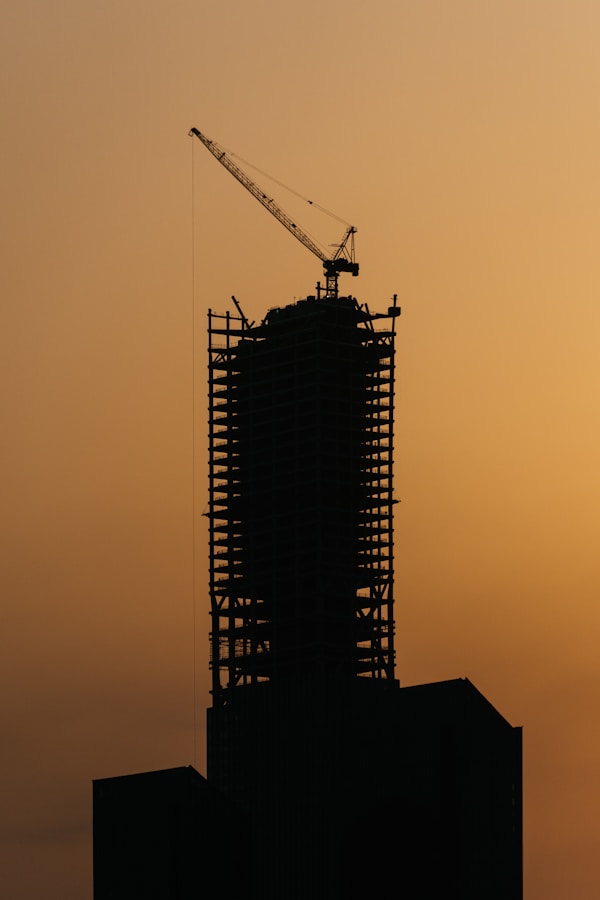
Construction is a fact of life in China. Cities are always expanding. This means building sites are everywhere. Jackhammers and cranes are a constant presence. This noise is often the most difficult to deal with. It can be jarring and disruptive. It often starts early in the morning. It can continue late into the night.
We’ve stayed in hotels where construction noise was unavoidable. Our solution was to change rooms if possible. We also learned to book hotels with good reviews for quietness. It is worth doing the research in advance. The government is working to regulate this. New laws are making it harder to build at night. But some work still goes on. It’s a small price to pay for progress, some might say.
The Sounds of Community

Community noise is a very specific category. You will hear it in residential areas. These sounds are not meant to annoy. They are just part of daily life. For example, people playing Mahjong or cards. The tiles clatter as they are shuffled. This sound is very common. We’ve heard it coming from open windows. It’s a very social and communal activity.
You might also hear shouting. People talk loudly in public. This is not a sign of anger. It’s often just how conversations are conducted. It can sound aggressive to a traveler from a quieter culture. We learned to recognize this. We now hear the intent behind the volume. It’s just friendly chatter.
The Science and Impact of Noise Pollution
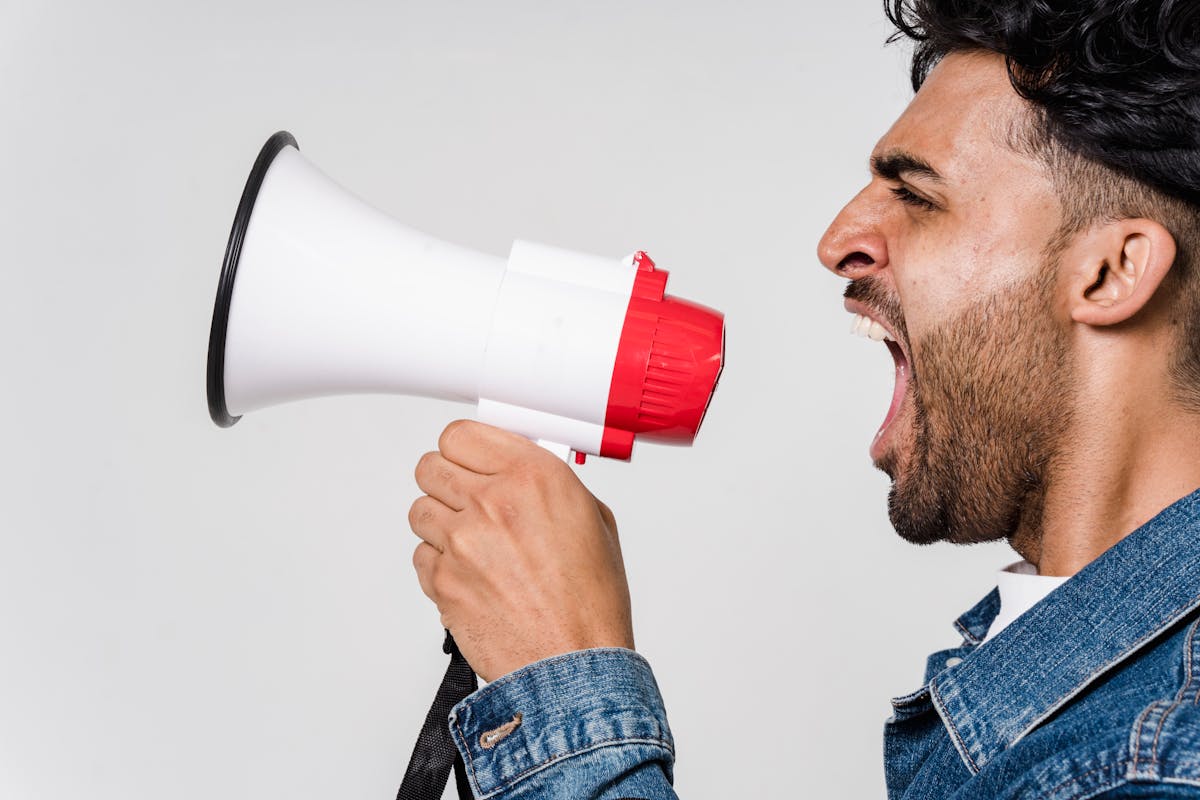
Noise pollution isn’t just an annoyance. It has real health impacts. The Chinese government is very aware of this. They have made significant strides to control it. According to the Ministry of Ecology and Environment MEE, urban areas are getting quieter. From 2020 to 2024, the compliance rate for nighttime noise standards jumped. It went from 80.1% to 88.2% (Source). This shows a serious commitment.
China is also using technology to fight noise. They have installed over 4,000 automated noise monitoring systems. These are in 338 cities. They replace manual checks. This data is used to pinpoint problem areas. It helps them to enforce the new laws.
The MEE also released a 2024 report. It classifies noise into four categories. These are industrial, construction, transportation, and social. Each category has specific solutions. For example, they are now targeting “social noise.” This includes things like square dancing. There are even pilot programs using AI. They can identify the source of the noise. If the noise exceeds limits, it can even cut the Bluetooth signal to the speaker. This is a very innovative approach.
The government is also drafting new laws. A comprehensive “Ecology and Environment Law Code” is in the works. It will further strengthen noise regulations. This shows that the issue is being taken seriously. It’s not just a passing trend. It’s a long-term goal.
This table provides a summary of noise sources and their context:
Noise Source | Description & Traveler’s Experience | Cultural Context & Government Response |
|---|---|---|
Traffic and Horns | Constant honking, loud engine noise, unique reversing alerts. | Used for communication. EVs are making a difference in some cities like Shenzhen. |
Street Vendors | Repetitive jingles played on loudspeakers. | A traditional form of advertising. It adds to the vibrant street atmosphere. |
Public Karaoke & Dancing | Loud music in parks, public squares, and other open spaces. | Part of the renao (热闹) culture; a way for people to socialize and exercise. |
Construction | Jackhammers, cranes, and building machinery from morning until late. | A symbol of rapid development and economic progress. New laws are aiming to curb nighttime work. |
Mahjong & Games | The clatter of tiles, loud conversations in residential areas. | A popular social activity. It’s a normal part of community life. |
Public Announcements | Loudspeaker announcements in stations, on buses, and at attractions. | A common method for providing information. It can be repetitive and hard to ignore. |
A Traveler’s Survival Guide
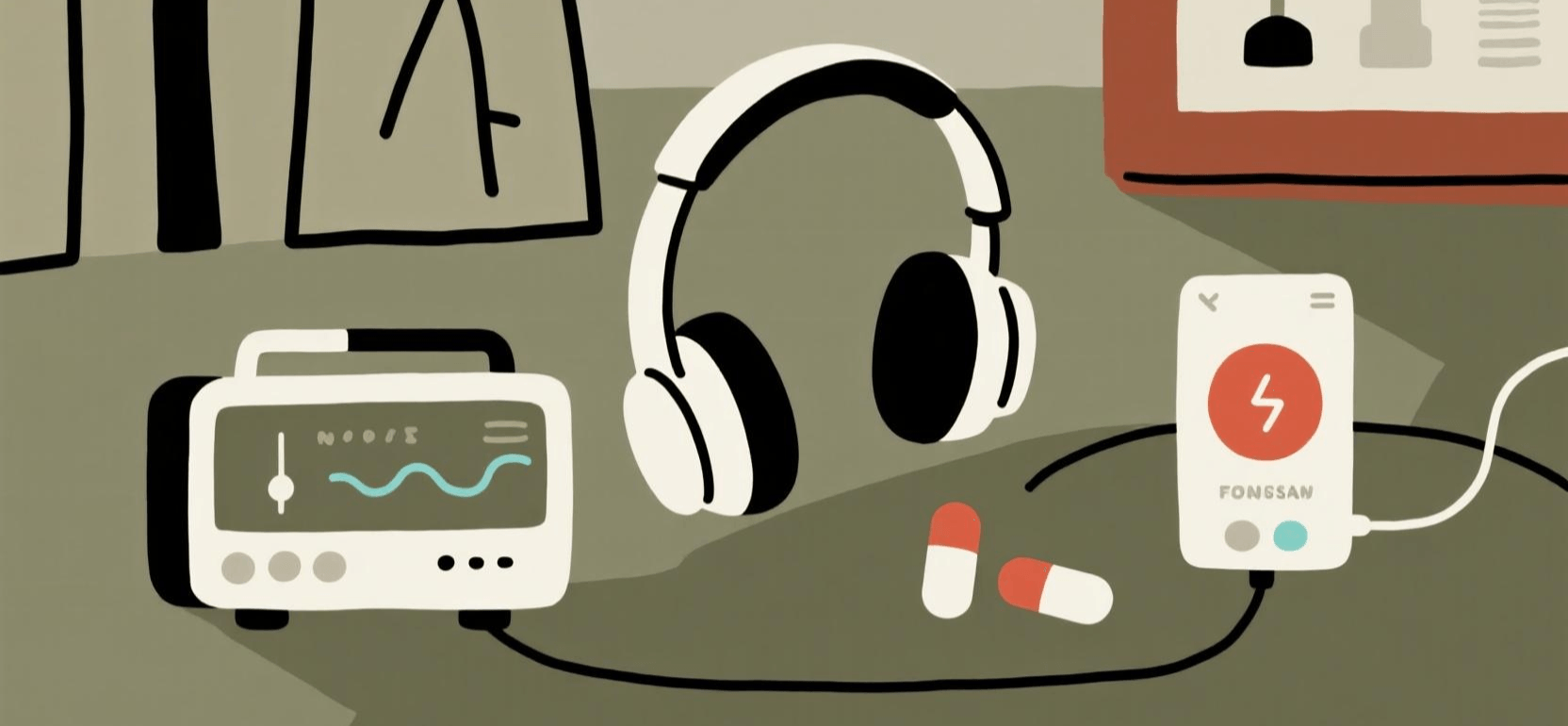
Dealing with noise pollution is all about preparation. You can’t eliminate it entirely. But you can manage your exposure. We’ve compiled our best tips. We’ve learned these through our own travels. They have saved us from many sleepless nights. They have made our trips much more enjoyable.
What to Pack
This is your first line of defense. Don’t leave home without these items. They are essential for a good night’s sleep. They will help you find a moment of peace.
- Noise-Canceling Headphones This is a game-changer. They are perfect for planes and trains. They are great for tuning out street noise. They are a must for city sightseeing. You can enjoy your own music or a podcast. You can block out the world for a bit. We use them constantly. They make a huge difference.
- Quality Earplugs You need good ones. The cheap foam ones from the hotel won’t cut it. Invest in a good pair. We recommend silicone or custom-molded ones. They block out low-frequency sounds better. Keep a pair in your carry-on bag. Use them for noisy flights or hotel rooms. They are a must-have.
- A White Noise Machine or App This is especially useful in hotels. It can mask a lot of background noise. The hum of an air conditioner can work too. You can also download a white noise app on your phone. It can play the sound of rain or waves. This helps you focus on a single, soothing sound. It helps you drift off to sleep.
Choosing Your Accommodation
Where you stay is critical. It can make or break your trip. Don’t book a hotel without reading the reviews. We learned this the hard way. A great price is not worth a sleepless night.
- Read the Reviews Carefully Look for keywords like “quiet,” “noisy,” “street sound,” or “construction.” This will give you a good idea. Travelers are very honest about noise.
- Request a High-Floor Room Noise is often worse on lower floors. It is closer to the street. Ask for a room on a high floor. You should also ask for a room that faces the back. Rooms facing the street are often the loudest.
- Consider Quiet Neighborhoods Not all areas are created equal. Research quieter neighborhoods. Some suburbs or areas near parks are much calmer. You can find places that are a bit further from the main tourist areas. This is a good trade-off for a peaceful night’s sleep.
Navigating Noisy Situations
You can’t hide from noise completely. It will be part of your travel. But you can handle it. You can learn to minimize its effect.
- Embrace the Nap Jet lag is a common issue. Noise can make it worse. We have learned to embrace the afternoon nap. When the day is at its most vibrant and loud, we find a quiet cafe or a park bench. We have a brief moment of rest. Then we get back out there.
- Plan Your Day Strategically Visit loud places like markets and tourist attractions during the day. This is when they are meant to be lively. Plan for quieter activities in the evening. Seek out peaceful temples or serene gardens. This helps you balance the high-energy and low-energy parts of your trip.
- Find Your “Quiet Spaces” Every city has them. We have found them in the most unlikely places. A small tea house. A secluded temple. A quiet university campus. We always search for these small pockets of calm. They are a welcome relief. They also offer a different side of China.
Our Own Experiences and Deep Thoughts
We’ve been traveling in China for a long time. We’ve experienced it all. We have been woken up at 4 AM by firecrackers. We have stayed next to a construction site. We have been serenaded by square dancers. At first, it was very challenging. We were so used to quiet. We were frustrated by the constant sound.
One of our most memorable experiences was in a small town in Yunnan. We were staying in a guesthouse. It was a beautiful place. The owner was very kind. But a Mahjong game started right outside our window. It began after dinner. It went on until well past midnight. The clatter of the tiles was constant. We tried to ignore it. We couldn’t.
We finally decided to go outside. We watched the players. They were all friends. They were laughing and joking. The sound of the tiles was part of their conversation. It was the rhythm of their social lives. We began to see the noise differently. It wasn’t just noise. It was the sound of friendship and community. We went back to our room and put in our earplugs. But we did so with a smile. We had a new understanding. We weren’t just hearing noise. We were hearing a culture.
Another experience was in Shanghai. We were in a high-rise hotel. We thought we would be safe from the noise. We were wrong. The sound of the city’s traffic was a constant hum. But there was also a new sound. It was the “whoosh” of electric scooters. They were so fast and silent. They were a ghost in the traffic. We had to learn to listen differently. We learned to look for them. They were a sign of the future. The silent scooters were a new kind of noise.
The noise in China has changed. It’s not just loud anymore. It’s smarter. It’s more managed. The government’s efforts are real. We’ve seen fewer noisy square dancers. We’ve seen more “quiet neighborhoods.” This is a big step. It shows a changing mindset. China is still a bustling country. But it is also learning to value a bit of peace.
The Quieter Side of China Finding Serenity
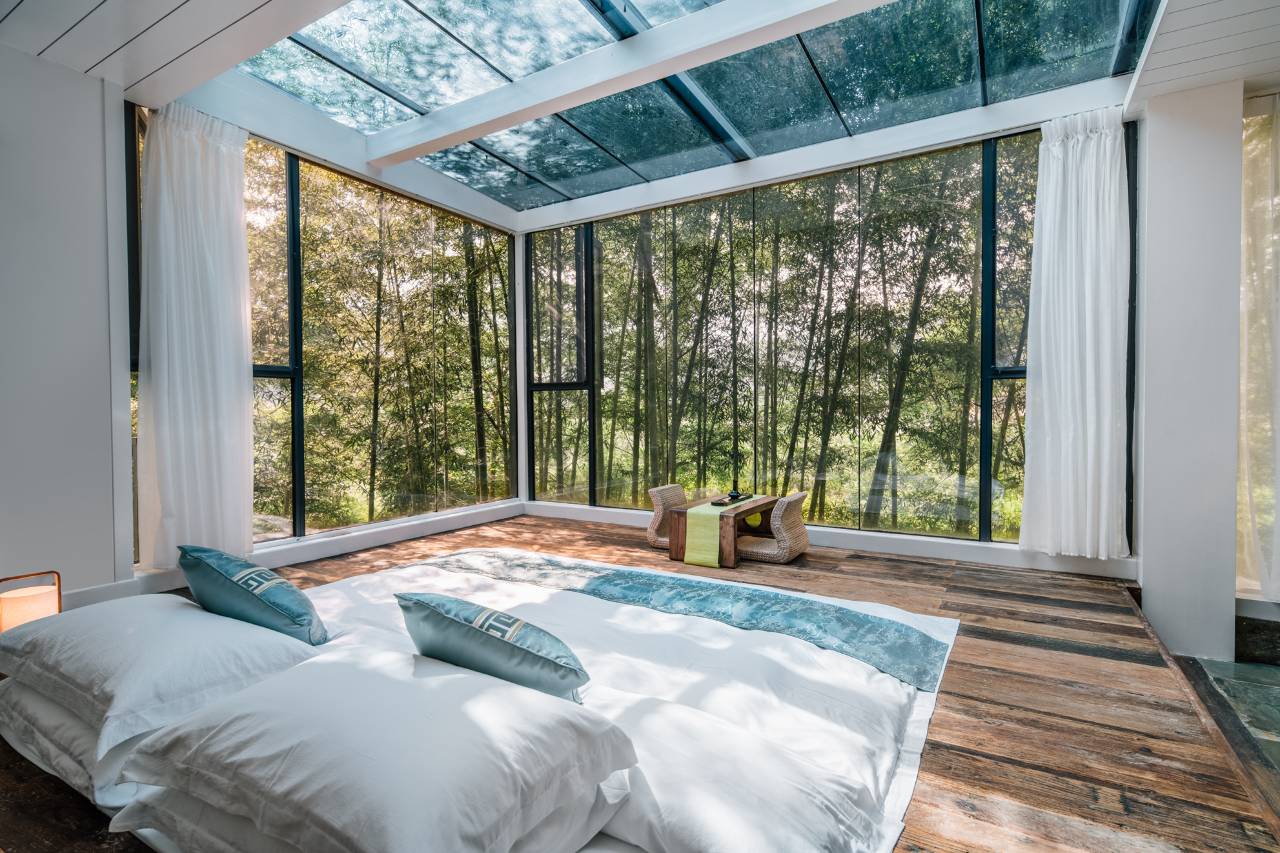
China isn’t all noise. There are so many places to find peace. These places are worth seeking out. They provide a much-needed break from the cities. They offer a different perspective.
- Remote Mountain Areas The Guilin karst mountains are a great example. They are incredibly beautiful. The villages there are very quiet. The sounds are of nature. Birds singing, water flowing. It’s a perfect antidote to city noise.
- Ancient Temples and Gardens These are oases of calm. Chinese gardens are designed to be peaceful. They have quiet courtyards. They have bubbling streams. They are the perfect place to meditate. Temples are also very serene. They are a break from the hustle. You can hear the chanting of monks. You can hear the sound of the wind chimes.
- The Countryside Get out of the cities. Visit a small farming village. The pace of life is slower. The sounds are of roosters crowing. You hear farmers at work. You hear the rustling of leaves. It’s a completely different auditory experience.
FAQ Your Questions Answered
Q Is all of China noisy
A No, not at all. The big cities and popular tourist spots are often loud. The countryside, mountains, and some smaller towns are very quiet. It really depends on where you go.
Q Can I ask people to be quieter
A It is generally not advised. Public behavior is different. What seems loud to you is normal to them. A polite smile and a pair of earplugs are your best tools.
Q Are there any laws against noise pollution in China
A Yes, there are. The Chinese government has a new law. It came into effect in 2022. It gives stricter punishments for noise violations. They are also using new technology to monitor noise. They are taking the issue very seriously.
Q What is the single best tip for a traveler
A Be prepared with the right gear. Noise-canceling headphones are a must. They will save your trip. They are perfect for planes, trains, and city streets. They give you control over your sound environment.
Q Will my hotel be noisy
A It might be. Check the online reviews. Look for comments about noise. You can also contact the hotel directly. Ask for a room away from the street. Ask for a room on a higher floor.
Conclusion
Navigating noise pollution in China is an essential part of the travel experience. It’s not just an inconvenience. It’s a glimpse into the country’s heart. By understanding its cultural context, you can move from frustration to acceptance. You can learn to appreciate the lively symphony of the streets.
We have learned to love the chaotic sounds. They are a sign of life. They tell us we are not in a quiet museum. We are in a dynamic, bustling, and thriving nation. So, pack your headphones. Bring your earplugs. But also bring an open mind. Be ready to listen. Be ready to learn. You will find that the noise of China is not just a burden. It’s an unforgettable part of your journey.




